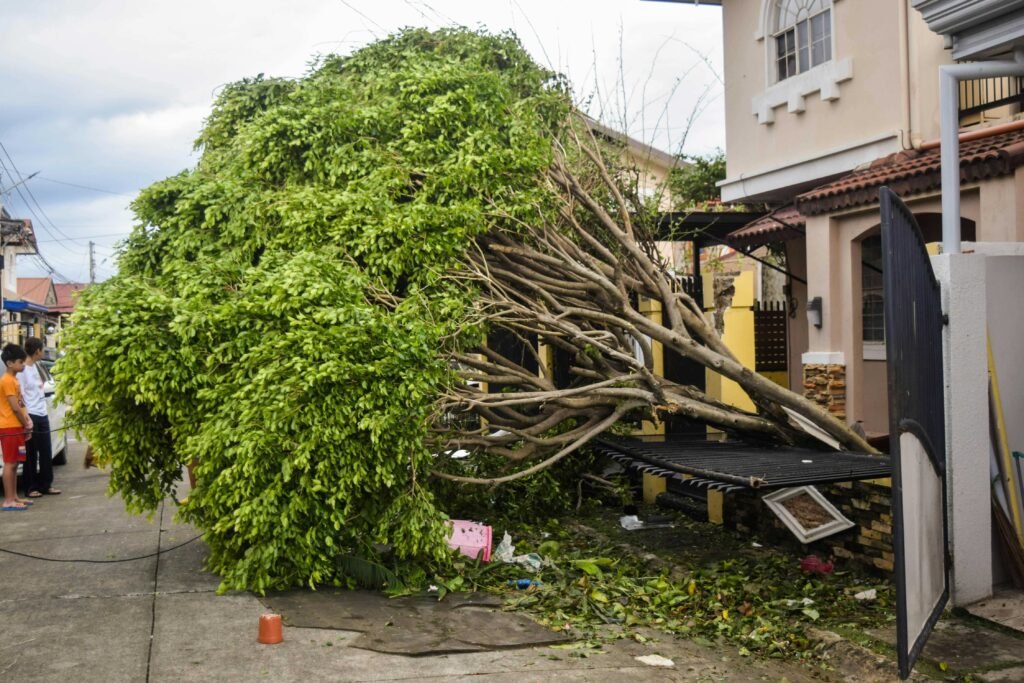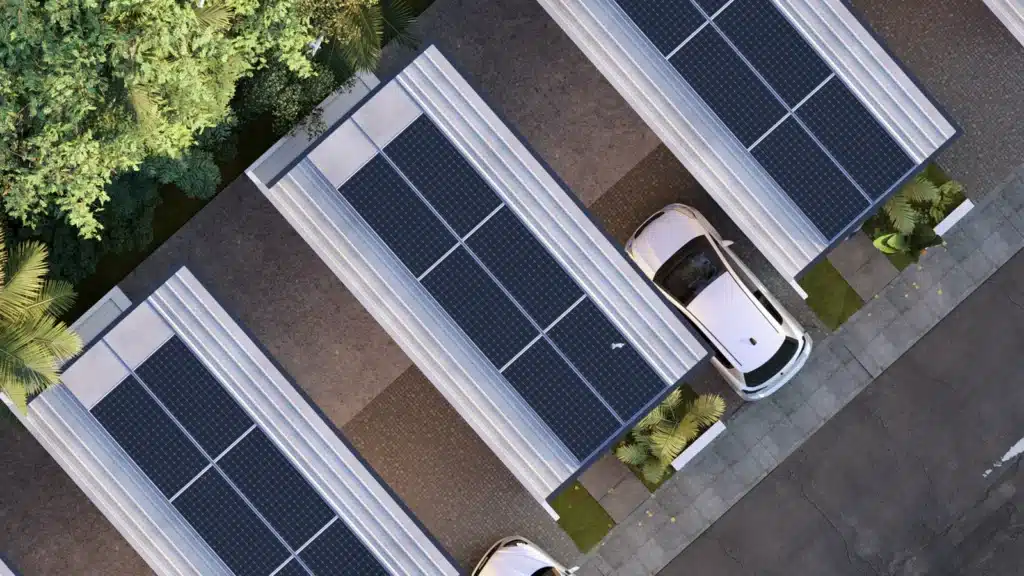Explore the data-backed connection between global climate change and the devastating increase in West Coast wildfires. Understand the role of climate change in exacerbating this severe environmental crisis.
PHOTO: Quarrie photography/WHO
The West Coast has seen a rise in destructive wildfires closely tied to climate change. Some people are saying that climate change has something to do with this. This article explores their connection, impact, community efforts, and prevention strategies for a greener, safer future.
Unmasking the Fiery Foe – Understanding Our Wildfires
In recent years, the West Coast, particularly California, Oregon, and Washington, has experienced a surge in devastating wildfires, with the 2019 and 2020 fire seasons being particularly destructive.
According to recent National Interagency Fire Center data, these states have suffered the most in wildfire incidents, acres burned, and property damage.
Before we delve into the link between climate change and wildfires, let’s first understand what wildfires are and how they occur. Wildfires are uncontrolled fires rapidly spreading across vegetation, fueled by dry conditions, high temperatures, and strong winds. These fires can quickly grow, consuming vast land areas and posing significant threats to communities and ecosystems.
Bearing Witness to Change – How Climate Change Fans the Flames
Climate change plays a crucial role in intensifying wildfires. Rising global temperatures contribute to drier conditions, creating a perfect breeding ground for fires to ignite and spread rapidly.
Extended periods of drought, influenced by climate change, further exacerbate the situation, leaving forests and vegetation vulnerable to ignition. Additionally, changing weather patterns, such as increased wind intensity, can propel fires and hinder containment efforts.
From Spark to Inferno – Connect the Dots Between Climate Change and Wildfires
Scientific research has established a clear link between climate change and the increasing severity and frequency of wildfires, such as the studies from Stanford University in 2020. The release of greenhouse gases, primarily from human activities, traps heat in the atmosphere, leading to rising temperatures.
This, in turn, results in prolonged droughts, reduced snowpack, and drier vegetation, creating an ideal environment for wildfires to thrive. The impact of climate change on wildfires is a stark reminder of the urgency to address and mitigate the effects of climate change.
Our Burning Heart – Dedicated Communities on the West Coast Fighting Wildfire Damage
Communities across the West Coast, like the resilient town of Redwoodville, have experienced firsthand the devastating impact of wildfires and are rallying together to combat the damage.
These communities, supported by firefighters, volunteers, and organizations such as the Redwood Valley Fire Brigade, have displayed unwavering dedication to protecting lives, homes, and the breathtaking natural beauty of their surroundings.
Their commitment to proactive firefighting, comprehensive preparedness plans, and swift evacuation strategies are crucial in minimizing the destruction caused by wildfires and fostering a spirit of resilience in the face of adversity.
Together, We Smother the Flames – Community Prevention Strategies for a Greener, Safer Future!
Prevention is vital to mitigating the impact of wildfires and building a safer future. Communities and individuals can contribute to wildfire prevention efforts by implementing measures such as creating defensible spaces around homes, practicing responsible fire behavior, and supporting forest management strategies.
Additionally, addressing the root cause of wildfires—climate change—requires collective action. Countries worldwide must honor commitments made under the Paris Agreement and work toward reducing greenhouse gas emissions to mitigate the effects of climate change.
We Can Still Do Something
The intensification of wildfires on the West Coast is a stark reminder of the urgent need to address climate change. We can work together toward a greener and safer future by understanding the link between climate change and wildfires, supporting communities affected by these disasters, and implementing prevention strategies. Let us stand united in our efforts to combat climate change.
If you have a project in mind, we would love to hear about it and explore ways to work together. Please book a discovery call with BillionBricks: https://calendly.com/d/y5t-wh7-hdd/call-with-billionbricks.
References:
-
National Interagency Fire Center. Coordination and cooperation in wildland fire management. Retrieved from https://www.nifc.gov/.
-
Earth.org. What Causes Wildfires?. Retrieved from https://earth.org/what-causes-wildfires/.
-
Redwood Valley Fire Department Official Website. Retrieved from https://www.redwoodvalleycalpellafire.org/.
-
Stanford University. The science behind the West Coast fires. Retrieved from https://earth.stanford.edu/news/science-behind-west-coast-fires.
-
The New York Times. Record Wildfires on the West Coast Are Capping a Disastrous Decade. Retrieved from https://www.nytimes.com/interactive/2020/09/24/climate/fires-worst-year-california-oregon-washington.html.





